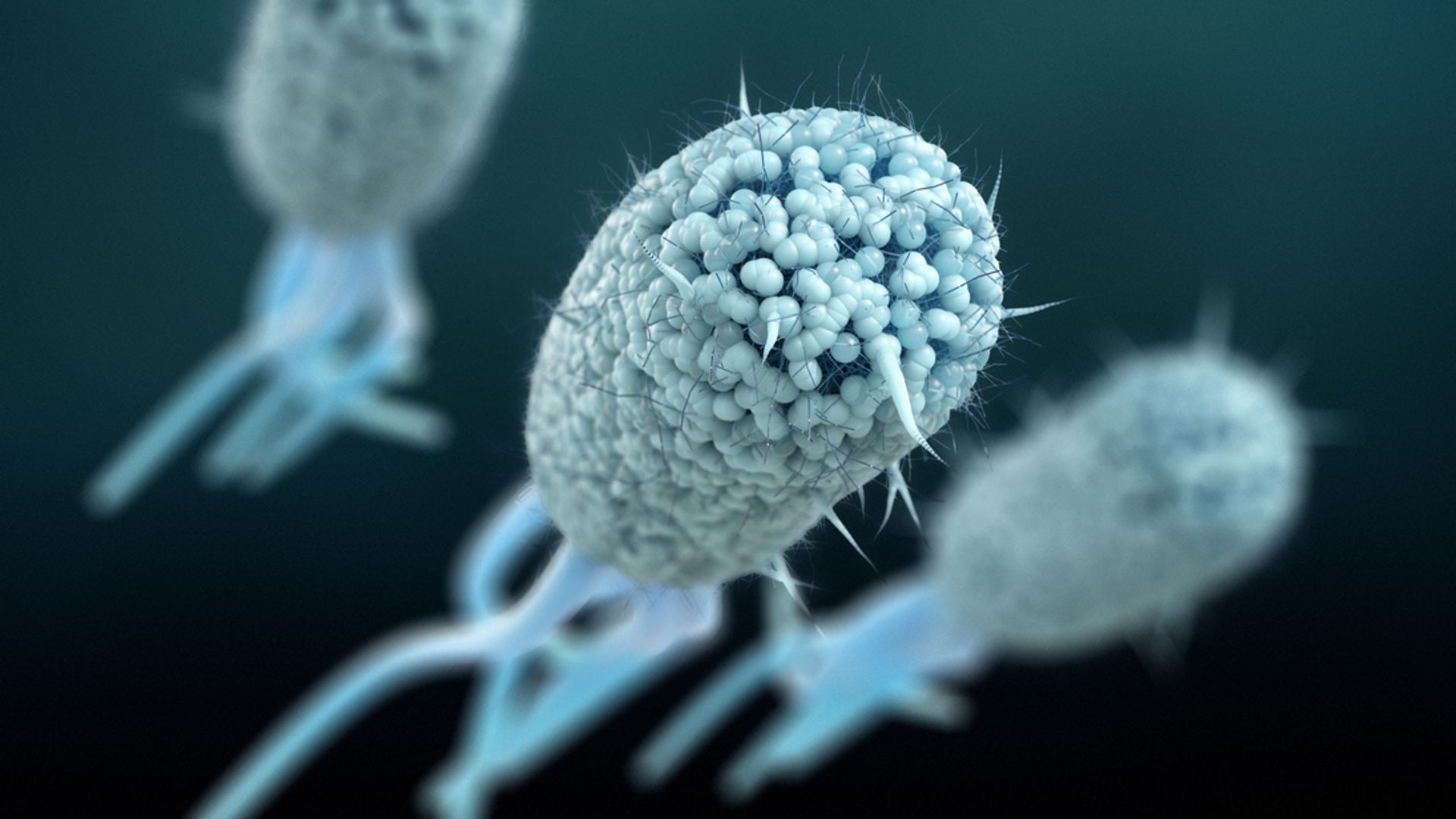More cases of E.coli are expected, health experts have warned, after at least 37 people were admitted to hospital as a result of an outbreak.
Testing indicates most of the 113 cases reported across the UK are part of a single outbreak believed to be linked to a “nationally distributed food item”, according to the UK Health Security Agency (UKHSA). The agency did not give more details on which foods could be a source of the infection.
Those affected range in age from two years old to 79, with the majority of the infections in young adults.
The UKHSA says there are so far:
• 81 cases in England
• 18 in Wales
• 13 in Scotland
• 1 in Northern Ireland (for this case, evidence suggests that they acquired their infection while visiting England).
All those hospitalised were in England.
Dr Will Welfare, strategic response director at the UKHSA, has said infections are “likely to rise”.
He added: “We expect to see further confirmed cases as we process more samples.”
E.coli symptoms and how it spreads
All the cases recorded in the outbreak involve Shiga toxin-producing E. coli O145 (Stec) – which can cause severe diarrhoea, as well as stomach cramps and fever.
Symptoms can last for up to two weeks and in some patients, mainly children, it can cause haemolytic uraemic syndrome (HUS) – a serious life-threatening condition resulting in kidney failure.
A small proportion of adults may develop a similar condition.
It is often transmitted by eating contaminated food but can also be spread by close contact with an infected person, as well as direct contact with an infected animal or its environment.
Read more on Sky News:
Mum told no council houses despite thousands sitting empty
More officers to join search for Michael Mosley
Keep up with all the latest news from the UK and around the world by following Sky News
The UKHSA has ruled out the disease spreading through water, saying there was “currently no evidence linking the outbreak to open farms, drinking water or swimming in contaminated seawater, lakes or rivers”.
Due to the “wide geographic spread of cases”, the agency believes the outbreak is linked to a nationally distributed food item or multiple food items.
The UKHSA said it is working with public health agencies in Scotland, Northern Ireland and Wales, the Food Standards Agency (FSA) and Food Standards Scotland to determine the cause of people’s illness.
Be the first to get Breaking News
Install the Sky News app for free
E.coli health advice
To reduce the risk of catching and spreading the disease, the UKHSA has advised:
• Regularly washing your hands with warm water and soap – alcohol gels do not kill all of the bugs that cause diarrhoeal illness
• Following food hygiene measures such as washing fruit and vegetables and cooking food properly
• If you have diarrhoea and vomiting, you should not prepare food for others and avoid visiting people in hospitals or care homes to avoid passing on the infection
• You should not return to work, school or nursery until 48 hours after your symptoms have stopped.








